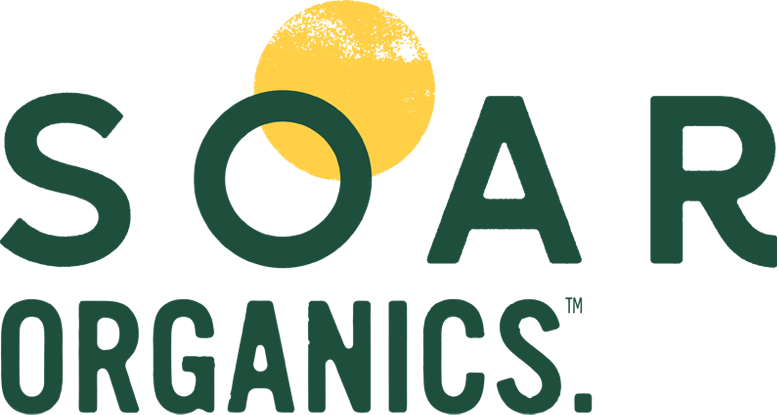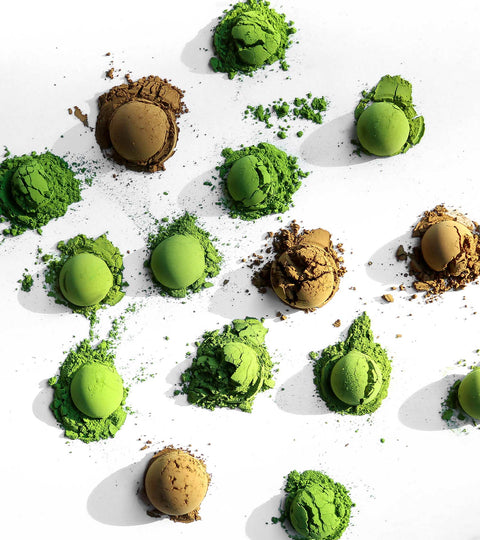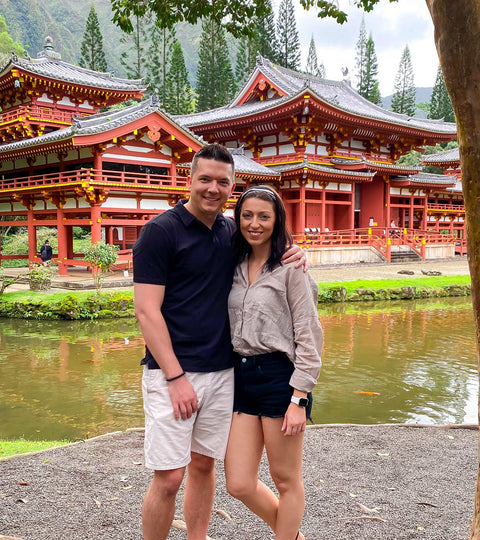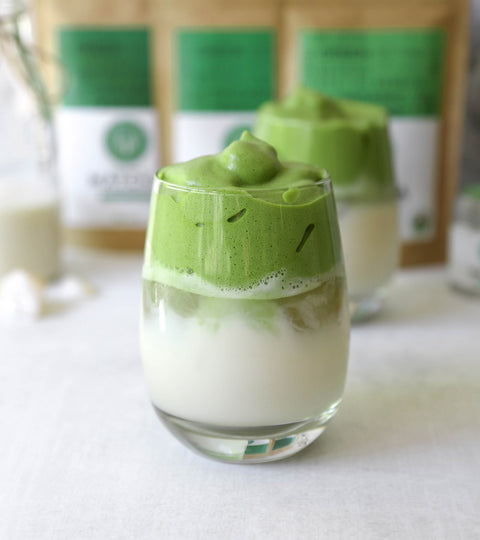We’re happy to announce that we’ve added mycotoxin testing to our matcha and hojicha products. Mycotoxin screening will join heavy metals, pesticides and radiation as key contaminants that we test for regularly.
Soar Organics products are independently lab tested by Eurofins Labs & Seikan Kensa Centre – leaders in the food product testing space. This is an investment we're committed to long term as we strive to continually produce a matcha and hojicha powder you can trust and feel good about consuming every day!
Before we get into things, we’re happy to share that no mycotoxins (aflatoxins or ochratoxin A) were detected in any of our matcha or hojicha powders. We can sip to that!
What are mycotoxins?
I’m sure you’re familiar with common molds visible to the naked eye that can be found on the surfaces of spoiled food, such as fruits and bread. Mycotoxins are a bit different in the sense that you can’t necessarily see them. Mycotoxins are a type of toxic mold produced by certain types of microfungi and can have negative impacts to our health (1). In simpler terms, molds produce mycotoxins. Common foods consumed by many on a day-to-day basis are susceptible to mycotoxin growth, including but not limited to: cereals, coffee beans, spices and nuts (3).
Mycotoxicosis refers to the category of diseases in humans and animals caused by the exposure (usually dietary, respiratory or skin absorption) to “toxic fungal metabolites” (1). Unfortunately, contaminated food sources contribute to a large majority of mycotoxicosis in humans (1).
Why introduce mycotoxin testing?
Testing for mycotoxins is an extra step we’re taking to ensure our products are free from harmful contaminants. Interestingly, the abundance of polyphenols found in the leaves of the Camellia sinensis plant have actually been said to help prevent the growth of mycotoxins from fungi due to its unique anti-fungal properties (2).
Although this is good news for tea lovers, this isn’t to say that all tea is immune to mycotoxin growth. Actually, the growth of mycotoxins can happen at any stage of the tea manufacturing process (4). This means the way tea is produced, manufactured and stored all come into play and can contribute to mycotoxin growth, especially in hot and humid environments where certain molds thrive.
Did you know? Aflatoxin and Ochratoxin A are among two of the most significant mycotoxins associated with having negative impacts to human health (1).
Mycotoxins we test for:
- Aflatoxin B1
- Aflatoxin B2
- Aflatoxin G1
- Aflatoxin G2
- Ochratoxin A
Aflatoxins
Aflatoxins are one of the more commonly known mycotoxins largely due to their negative impact on human and animal health. Aflatoxins have been associated with contaminating popular agricultural crops - impacting foods from oils, to seeds and nuts (1). A large concern associated with chronic aflatoxin intake is its risk to act as a carcinogen (1).
Ochratoxin A
Ochratoxin A is also a common culprit for mycotoxin contamination when it comes to food sources. More specifically, it was identified in studies as a potent nephrotoxin (meaning it can damage the kidneys) to all animal species, and is likely toxic to humans as well (1). Common foods that are associated with ochratoxin A include grains, coffee and wine.
Why test for Aflatoxins and Ochratoxin A?
We’ve chosen to test for aflatoxins and ochratoxin A because these are two key mycotoxins associated with human health. This additional mycotoxin testing serves as an extra precaution to ensure our matcha and hojicha powders are as clean as they should be for your mind, body and soul! Now you can enjoy Soar Organics products with even more peace of mind.
If you have any questions about our newly introduced mycotoxin screening, please feel free to reach out!
References:
- https://www.ncbi.nlm.nih.gov/pmc/articles/PMC164220/
- https://www.ncbi.nlm.nih.gov/pmc/articles/PMC6266826/
- https://www.who.int/news-room/fact-sheets/detail/mycotoxins



